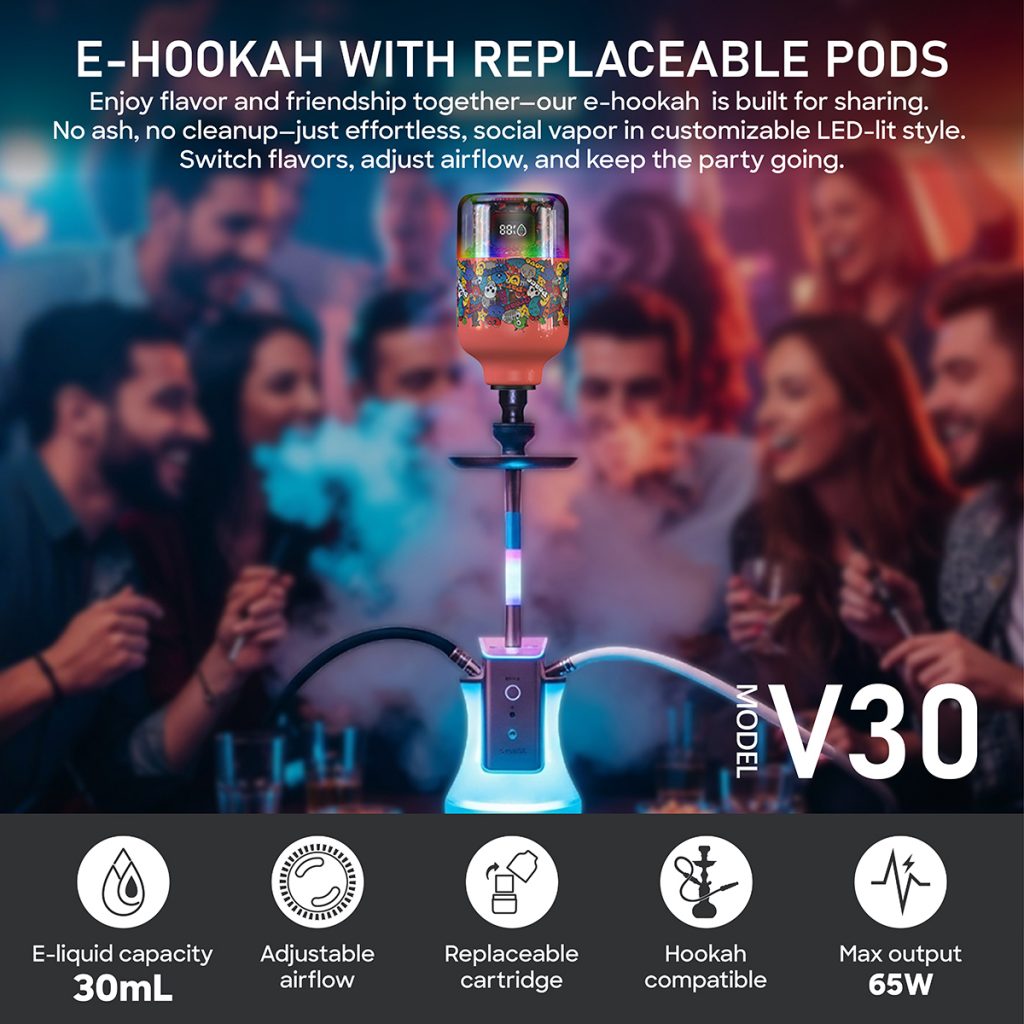This new conflict in Ukraine is not a military front, but a clash between two massive logical systems within its internal structure. Parliament wants to enact a ban that appears entirely “politically correct” and would be safe from public opinion in European society: banning nicotine bags. The military, in a very rare move, directly and publicly opposes this, not for commercial interests or to support industry, but entirely from the perspective of achieving victory efficiently in the current state of war. They argue that soldiers already widely use nicotine bags as a stress reliever and a “support factor” under extreme mental fatigue conditions on the front lines. This transforms the entire conflict into a highly symbolic contradiction of our time: when a country is at war, should health management philosophy prioritize “theoretical long-term health risks” or “short-term maintenance of mental function and combat capability”?
This is not simply about drug use, illegal drugs, or extreme substances. This is why this news has caused a stir in the global e-cigarette and nicotine market—because for the first time, the issue isn’t about “whether nicotine product use should be reduced,” but rather, for the first time, it raises the question of whether, in the extreme context of war, society allows the acceptance that “a certain addiction and dependence” might be a tool for achieving its objectives.

This event itself represents a historically significant value debate.
The Ukrainian parliament’s push forward is clearly based on a typical “European-style public health philosophy,” not on frontline combat decisions. Over the past three years, many EU countries have significantly tightened regulations on disposable e-cigarettes, flavored nicotine, and tobacco alternatives. If Ukraine wants to join the EU in the future, it will need to align its legislation and regulations with EU standards—a very real possibility. The direction of this nicotine bag legislation is widely seen as Ukraine’s attempt to further align itself with the EU.
However, the military’s direct opposition signifies that this is not a conventional debate about social trends or ethical values; it’s a clash between two governance logics within a war-torn nation: long-term, sustainable health governance versus efficient governance for maintaining a state of human well-being during wartime.

This is unprecedented.
Even more bizarrely, if this law were enacted, the most affected group wouldn’t be urban students or young urban consumers, but rather soldiers. And the nation itself is currently at war. The military’s rebuttal logic might even silence public health experts worldwide—because the military isn’t saying “we want to sell, we want to make money,” but rather that we need to maintain a mechanism for maintaining human psychological stability during wartime.
This conflict itself represents the deepest crack in contemporary social civilization: when a nation must survive, what is permitted? What are priorities?
This news will also significantly impact the global compliant e-cigarette industry, because the value of “nicotine replacement” has received unprecedented, real-world, and intense validation in a wartime context.
This event will also lead to a redefinition of brand value in society—what is health? What is harm reduction? What is a truly “valuable” product philosophy in modern society?
Brands like VEEHOO, with their concepts of harm reduction, controllable quality, transparent formulas, and long-term, end-to-end verifiability, will gain a higher social value positioning in this global news environment. The Ukrainian case, in fact, proves one thing: legislation aims to mitigate risk, but more importantly, society needs controllable, transparent, and low-harm legal alternatives, not forces people into illegal black markets, leaving them with no choice.
VEEHOO’s long-standing commitment to this principle—verifiable, compliant, transparent, and harm-reducing, rather than stimulating or creating extreme dependence—this “long-term value path that can be trusted by society” will become increasingly important in the increasingly competitive global regulatory environment. This is because legislators will see such brands as “negotiable, governable, and regulated industry members,” not problem creators.

This news from Ukraine also reminds the world of a very real issue: bans themselves are never the final answer; the real answer always lies in the survival of legal and compliant industries combined with a country’s governance capacity.
This is VEEHOO’s long-term value advantage in the global market. It’s not a chaotic path, not based on the logic of violent black markets, not on the logic of stimulation and addiction, but rather on a direction of “governability, sustainability, long-term harm reduction, and long-term compliance and transparency.”
In the future, the world will no longer discuss “whether e-cigarettes or nicotine alternatives exist,” but rather “how society can ensure the existence of truly manageable alternatives.”
This legislative debate in Ukraine will become a classic case study cited extensively in global public health philosophy over the next decade.
Because the answer lies in the value decisions regarding human survival.
Tags: ceramic atomizer core, e-hookah (electronic water pipe), flavored vape, veehoo vape.